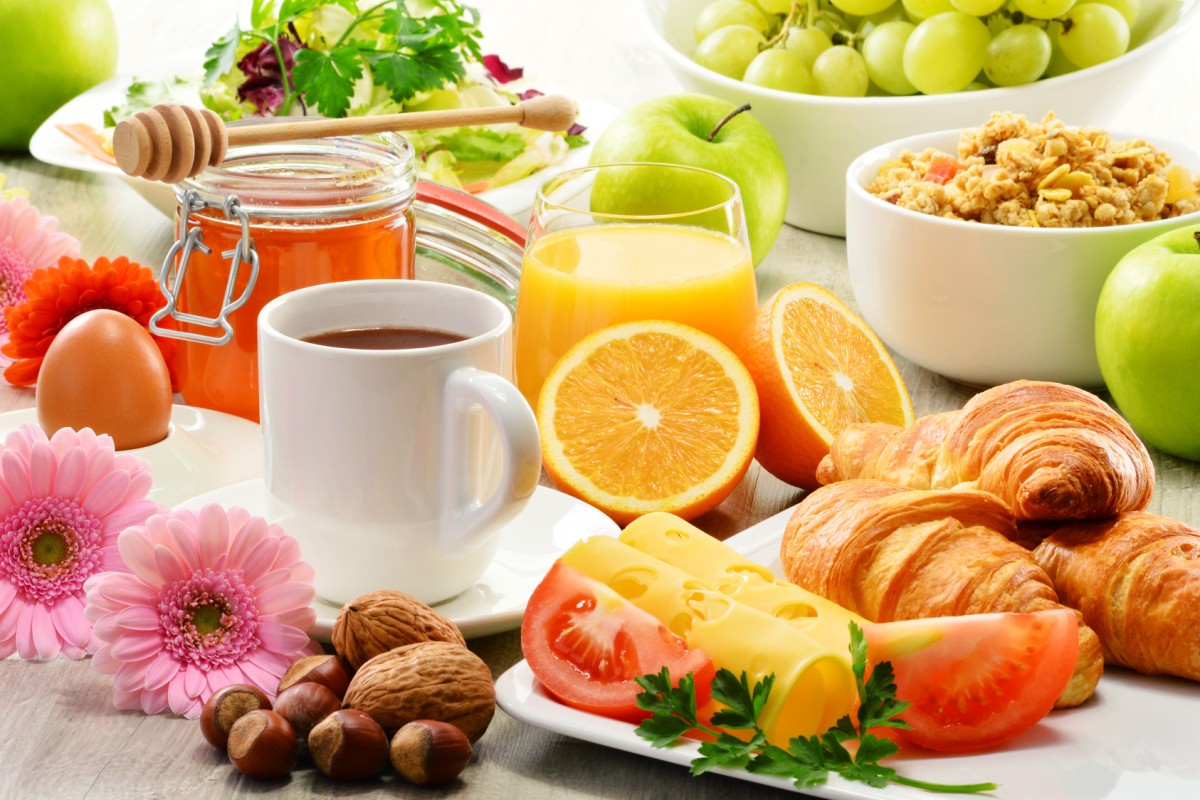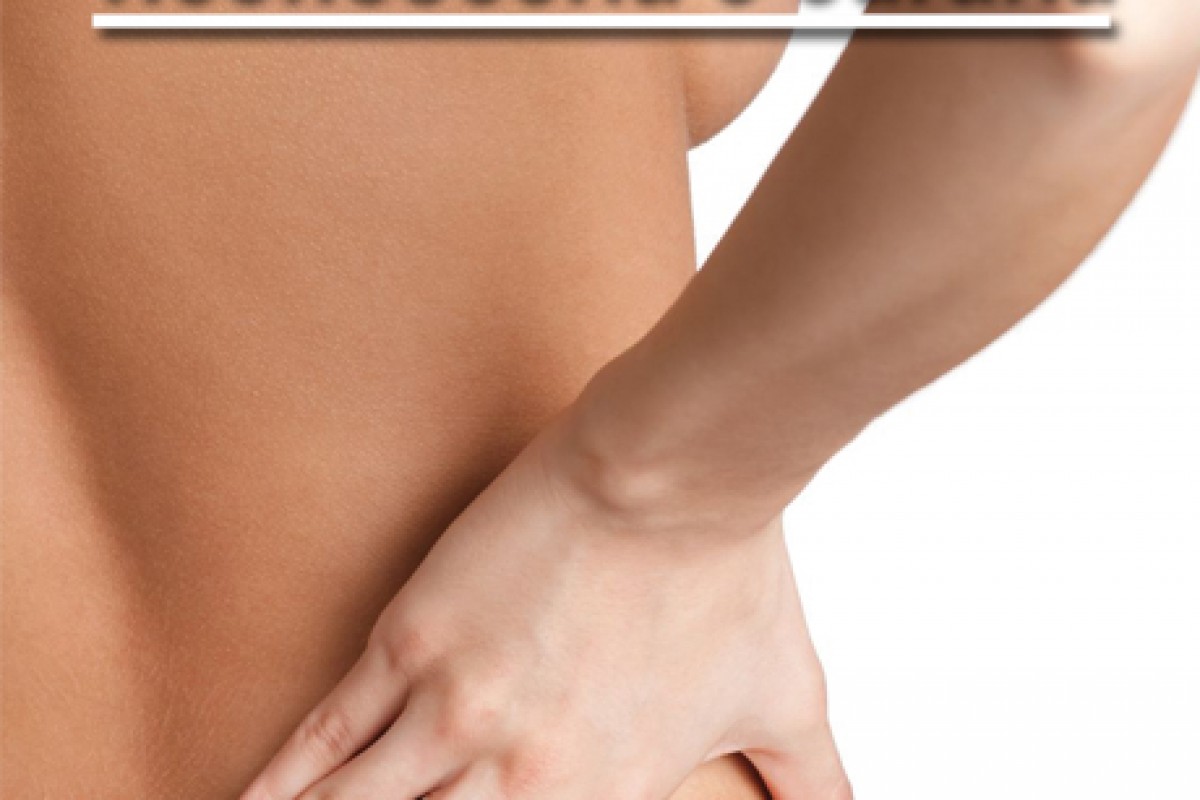
How to reduce Parkinson’s disease symptoms with the help of nutrition
How to reduce Parkinson’s disease symptoms with the help of nutrition
by Raffaella Quieti Cartledge
Author, award-winning nutritional therapist, lecturer and the Nutrition Director of the Parkinson’s Disease Integrated Nutrition Clinic in London, Lucille Leader has served as the Nutrition Director of the London Pain Relief and Nutritional Support Clinic at The Highgate Hospital in London which has now been replaced by the Parkinson’s Disease Integrated Nutrition Clinic in central London. The clinic’s medical director Dr Geoffrey Leader, was an early pioneer of the integrated, team approach to the management of chronic illness, with a special interest in the management of Parkinson’s Disease.
Mrs Leader, how does nutrition influence functional health and Parkinson’s in particular?
The influence of nutrition on functional health in Parkinson Disease (PD) is widespread. Cellular functions are dependent on the adequate nutritional status of cells. Vitamin C deficiency may cause scurvy, iron with anaemia, essential fatty acids with inflammatory disease. Similarly, dopamine deficiency is cardinal in PD.
Dopamine is metabolised from dietary protein. Specific enzymes are necessary for dopamine metabolism. In order to be activated, those enzymes need coenzymes which are the nutrients zinc, folate, iron and vitamin B6. Their deficiency may therefore compromise this metabolic pathway and the adequate production of dopamine.
However, supplementing these nutrients is very specialised because in Parkinson’s there can be problems with the way the cells handle these.
Therefore all nutritional support must always be with the guidance and prescription of the healthcare team of each patient. There are medical laboratory tests available to assess the need for any supplementation.
What is the role of stress in PD ?
Stressors – mental, emotional and physical stress are not comfortable for the body. When we need to control any form of stress, our bodies need to produce adrenaline…but adrenaline is produced from dopamine!
People with PD have trouble with production of dopamine and consequently of adrenaline.
It is then therefore understandable that this metabolic pathway is compromised.
Even though a person is taking the correct dopaminergic drugs to help regulate movement, when there is stress of any kind, control of movement becomes problematic.
I therefore recommend acquiring stress management techniques as essential in support and management.
There is an excellent technique specific for Parkinson’s Disease by David Uri, available as a CD. It is called Parkinson’s Disease Relaxation.
(www.denorpress.com)
I also recommend learning Autogenic Training Techniques which can be used at times of stress. These techniques, as well as the CD by David Uri, are very helpful in PD for both patient and carer or family.
Is there a nutrition protocol to support the efficacy of PD medications ?
Specific amino-acids in dense protein-containing food compete with L-dopa for the carrier at the absorption site of the L-dopa medication through the intestinal absorption site and through the Blood Brain Barrier (BBB) into the brain where it metabolises to dopamine.
Separating the timing of any meals containing dense protein foods from the time of taking L-dopa, may optimise absorption of the drug, which could optimise its effectiveness.
The foods containing a high amount of protein containing the competitive amino acids are : meat, poultry, fish, dairy (except for butter) eggs, soy, pulses, semolina, avocado, asparagus, coconut, nuts and seeds, gluten-containing products such as wheat, rye, oats, barely, spelt, bulgar wheat and couscous.
If you have eaten from the dense protein list above, I recommend that you wait 2 hours before taking L-dopa. Wait until the drug has ‘kicked-in’ before eating.
A snack or meal can be taken immediately after the drug has had its effect.
Protein foods can at this point be included as the drug has already entered the brain and therefore there will be no competition at the absorption sites.
If you have eaten any other food that is not on the above list– fruit , vegetables, oils, I recommend that you wait only 1 hour before taking L-dopa.
Other protocols for dopaminergic drugs are listed in PARKINSON’S DISEASE – Reducing Symptoms with Nutrition and Drugs (www.denorpress.com).
What are your basic nutrition recommendations ?
- if changing anything in the diet, only make one change every 3 weeks – otherwise there can be difficulties with processing.
- Do not cook in ALUMINIUM Use stainless steel or glassware.
- Eat RAINBOW – COLOURED(dark green, orange, other colours) fruit and vegetables (but no citrus if you are taking L-dopa).
- Gradually reduce GLUTEN-CONTAINING GRAINS (wheat, rye, barley, spelt, oats ( unless gluten free) and substitute with other grains, for example buckwheat, rice (Basmati), millet.
- Gradually reduce and then avoid ANIMAL MILK products as they contain casein, except for butter. Vegetable-based milk (almond and coconut) are excellent substitutes. Avoid carrageenan in some processed nut milk as it can be pro-inflammatory.
- Gradually reduce RED MEATwhich may produce inflammatory leukotrienes in the gut and is not ideal with constipation. Substitute with wild sea fish or free-range poultry, organic eggs, nuts and seeds in powdered form, except for peanuts and cashews which contain mycotoxins. All nuts need to be refrigerated.
- Gradually reduce ALCOHOL very gradually and slowly of eliminating it. Herb and fruit-based drinks can be enjoyed instead and served in wine glasses. Fruit juices should ideally be natural and diluted with still mineral or filtered water.
- Water: tap water may contain heavy metals and other contaminants. It is best to drink filtered or good still mineral water.
- Eat good helpings daily of dark green, leafy vegetables. They contain minerals which are essential for immune function, bone integrity and cell energy production. Do not cook in aluminium pots. Use stainless steel or glassware.
- Include oily fish in the diet (sardines, mackerel, salmon, herring) nuts and seeds (exclude peanuts and cashews as they contain mycotoxins). Nuts and seeds must be ground and powder-like in consistency as there can be difficulty for some with swallowing. Keep nuts and seeds refrigerated.
- Focus on food containing essential fatty acids (GLA, EPA and DHA). These oils are used by cell membranes in immune function and the production of anti-inflammatory prostaglandins. GLA is found in nuts and seeds (exclude peanuts and cashews as they contain mycotoxins). Keep nuts and seeds refrigerated. Nuts and seeds should be powdered if there are swallowing difficulties. EPA and DHA are contained in oily fish such as sardines, mackerel, salmon and herring.
- Margarine, cooking oils and fats that contain hydrogenated fats should never be used. Only the unrefined, unheated forms of oils can be used (cold and cold-pressed) on salads. Cooking should be with either cold-pressed extra virgin olive oil, avocado oil or cold-pressed organic coconut oil and occasionally butter if not contraindicated. These oils are the most stable when heated. Keep cooking temperature under 180C and grill and oven temperature not higher than 160C.
- Water: tap water may contain heavy metals and other contaminants. Better to drink filtered or good still mineral water.
- Reduce red meat which may produce inflammatory leukotrienes in the gut and is not ideal with constipation. Substitute with wild sea fish or free-range poultry, organic eggs, nuts and seeds in powdered form, except for peanuts and cashews which contain mycotoxins. All nuts need to be refrigerated.
- Avoid animal milk products as they contain casein except for organic butter. Vegetable-based milk (almond and coconut) are excellent substitutes. Avoid carrageenan in some processed nut milk as it can be pro-inflammatory.
- Alcohol: very gradually and slowly reduce consumption with the aim of eliminating it. Herb and fruit-based drinks can be enjoyed instead and served in wine glasses. Fruit juices should be sugar and artificial sweetener-free and diluted with still mineral or filtered water.
- Have caffeine in moderation if you do not have any other health condition which contraindicates caffeine- High blood pressure, for example.
And what are your supplements recommendations?
Following medical laboratory testing, patients who have visited our clinic have demonstrated deficiencies of various nutrients – including vitamins, minerals, essential fatty acids and digestive enzymes. Some patients also demonstrate the presence of parasites, viruses and bacterial infections.
Permeability of the intestinal mucosa was often found to be increased and the microbiome needing support of pro and pre biotics.
Each patient had different results so that nutritional supplement and dietary needs always needed to be personalised by a health professional for the individual.
Following is a list of commonly used nutritional supplements, but each person’s needs and doses are different and not always needed long term. Professional supervision is essential and nobody should self – administer any supplement.
Vitamins:
- C, B vitamins – 1, 2, 3, 5, 6, 12 (including methyl B12 and methyl folate), D3, K2
General:
Co-enzyme Q10, essential fatty acids (Omega 3 and Omega 6), phosphatidyl choline, and curcumin
Minerals:
Magnesium
Zinc
Intestinal:
Probiotics, Prebiotics
Butyric Acid
Vitamin A (needs to be taken under medical supervision as there might be serious health contraindications) implicated in the integrity of the gut mucosa and it is an important antioxidant.
Vitamin B (methyl complex to assist methylation). B vitamins are best taken as a complex. B vitamin plays a role in mitochondrial energy production. Vitamin B6 can be part of nutritional support for patients taking ‘Sinemet/Stalevo/Madopar’. It is an essential co-enzyme in the metabolic step between L-dopa and dopamine. – are there cautions? My understanding is that B6 should be taken away from the meds and at a very moderate dose?
NADH (Vitamin B3 derivatives) may stimulate L-dopa biosynthesis. Vitamin B12 is implicated in neuromuscular function and methylation. A deficiency of B12 is associated with movement disorders, including tremors and Parkinsonism.
Vit C and Vit D3 deficiencies have been detected in Parkinson’s Disease. Vitamin D acts as a neuro-immunomodulator. Findings from one study showed that low serum 25-hydroxyvitamin D levels are associated with an increased risk of developing PD.
Zinc is implicated in many enzyme functions and protein metabolism. Magnesium deficiency can exacerbate muscle spasm. A glass of coconut water, which is rich in potassium, with magnesium twice a day will provide the two minerals and support a healthy bowel movement, if the patient makes sure he intakes 8 or 9 glasses of fluid a day.
Butyric acid is an agent for repair of intestinal mucosa. Glutamine, often prescribed for the repair of the intestinal mucosa, is contra-indicated in therapeutic doses for PD as it may manifest as excitotoxins, a class of chemicals that overstimulate neuron receptors. As a consequence, neurons are damaged and killed by this receptors overactivation. Butyric acid can be used as substitute.
Essential fatty acids enhance cellular integrity. Inflammatory and anti-inflammatory cellular responses are controlled by hormones which are also dependent on zinc and vit B6 .
Recommended probiotics are lactobacillusGG/longum/plantarum/rhamnosus/salivarius/acidophilus/bulgaricus.
A recent study published in November 2020 by Christine E. Cherpak-Castagna,of Maryland University of Integrative Health has found that the antioxidant properties of curcumin may be particularly beneficial for individuals with PD as a component of an anti-inflammatory diet.
Ayurvedic medicine uses the seeds from the legume M. pruriens, a naturally occurring botanical source of levodopa, as a PD treatment. Studies suggest that the M. Pruriens seeds and the traditional lab-created levodopa differ pharmacokinetically and that, unlike levodopa, the seeds from M. Pruriens confer neuroprotective effects.
Of note, a finding that a HP-200 M. pruriens endocarp preparation improved Parkinsonism symptomatology but did not influence dopamine metabolism to an appreciable extent, implies that other constituents in the botanical (i.e. not levodopa) may be responsible for the benefits of M. Pruriensin individuals with PD.
To conclude, are there nutrients/compounds to be avoided in PD ?
Red meat takes a long time to be digested and during digestion, it activates inflammatory compounds, so I would limit or ideally eliminate its intake.
I recommend my patients avoid supplemental calcium + manganese. Iron is a very important co-factor but there are possible contraindication with PD because it causes oxidative stress. It should only be taken if deficient and strictly medically monitored.
Gluten sticks on the walls of the gut. Gluten-free grains help bowel function. All genetically modified wheat should be avoided as much as dairy products as casein acts similarly as gluten.
Alcohol affects the central nervous system. Balance very often is a problem in PD and alcohol can influence balance. Alcohol requires dynamic detoxification. In Parkinsons’s the liver does not function so well therefore it is not wise to overload such an important detoxification organ.









